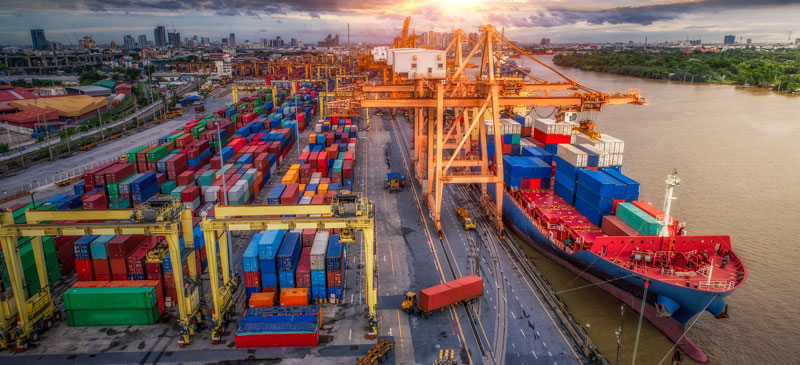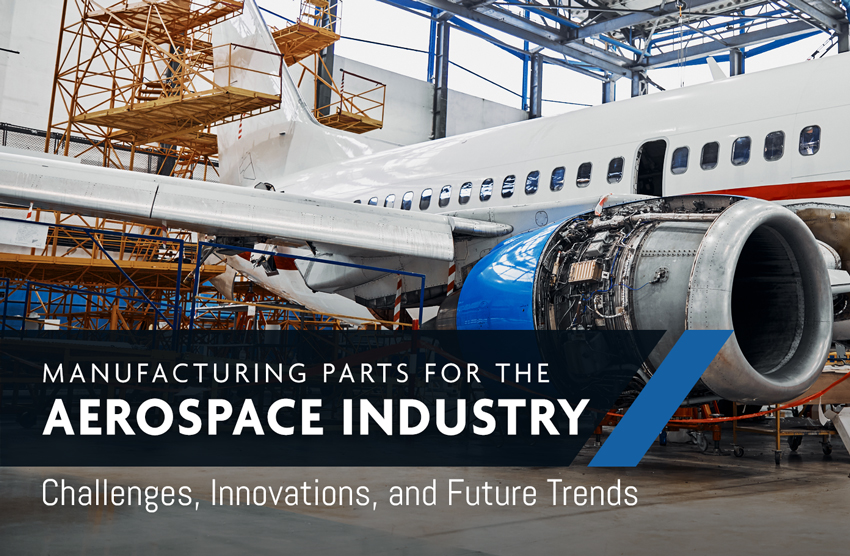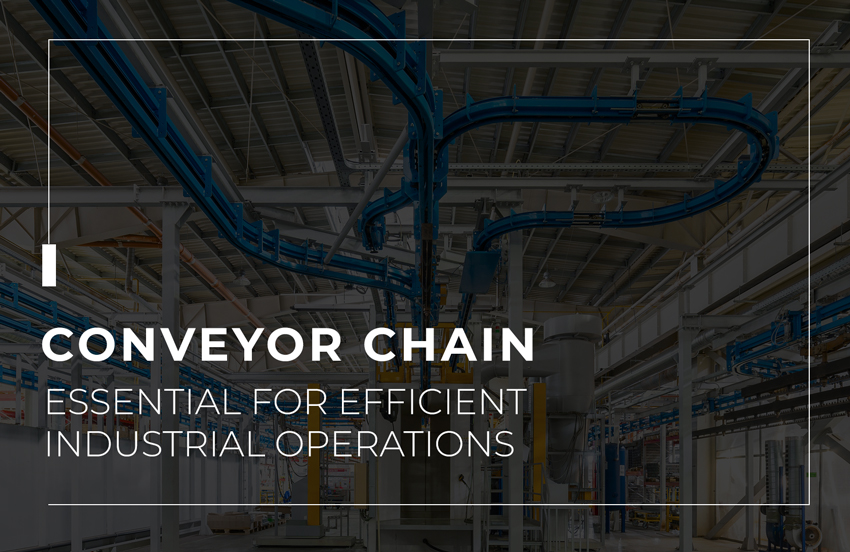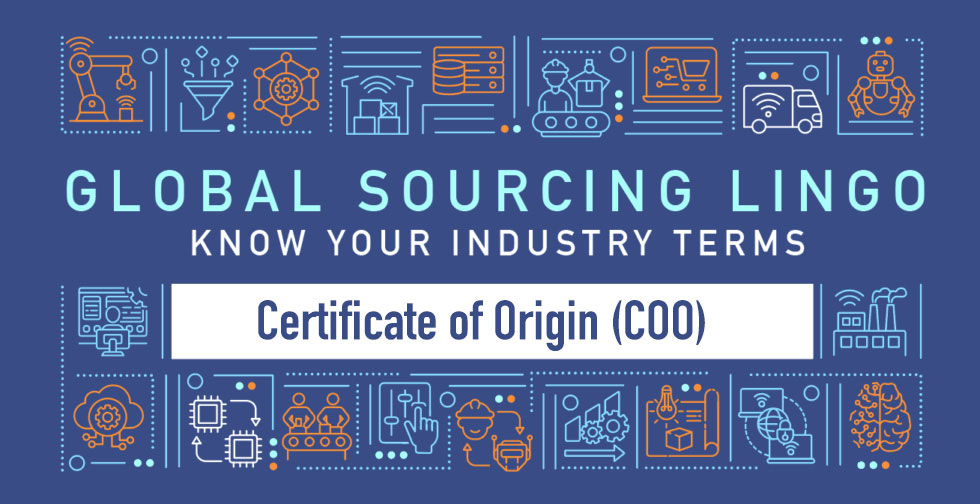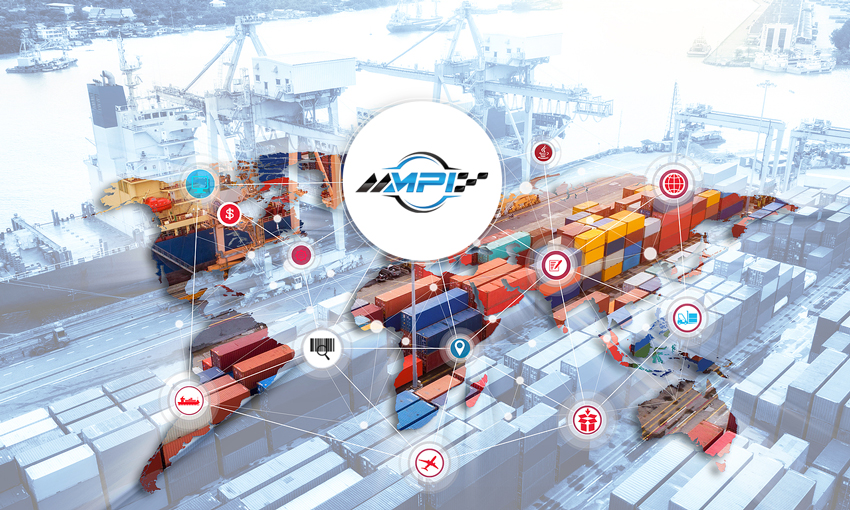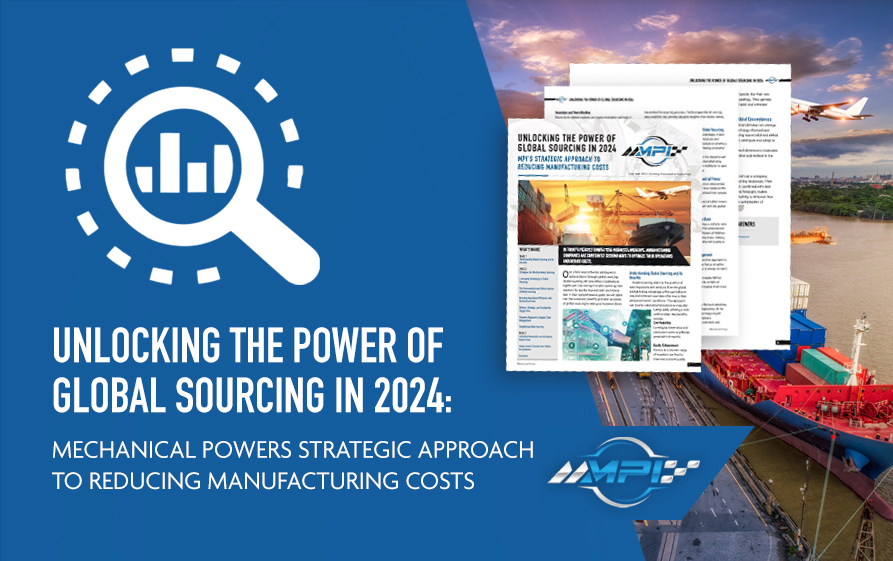Although the freight carriers are optimistic, there are still mountainous challenges that may impede the growth in 2021 and beyond. Of course, the significant change from the last year is COVID-19 pandemic that continues to disrupt operations.
COVID-19 is still the elephant in the room that freight carrier firms need to address. With the influx of environmental, political, economic, and technological changes, freight carriers have to grapple with several challenges on a global scale.
Lack of Communication
As far as freight information goes, communication has become a major hurdle. In fact, there are numerous external and internal factors that make the information more difficult to process for carriers. Plus, freight carriers need their collaborative partners to send the most accurate and prompt data to offer excellent customer support.
It is crucial to understand that freight information is fundamental to manage the global supply chain and prevent misinformation. So, it makes sense for freight carriers to resolve critical communication gaps and ensure optimal operational performance.
International Regulation
Freight carriers have to deal with changing laws, fees, rules, and regulations. Often, the changing rules overlap that makes it harder for carriers to ensure day-to-day functions. It may sound straightforward, but the solution for freight carriers is to keep an eye on all current freight practices.
Low Visibility
When it comes to the execution status, shippers often have little to no visibility. In fact, the lack of visibility can influence or limit the shipment plans and as well as the supplier’s original plans. Essentially, it’s the early stage low visibility that has become a major issue for the global supply chain.
And this issue compounds once freight carriers hand over their duties to the supplier. The good news is that there is less disconnect and high visibility in global transportation and shipment. With a few entry ports, the key is to make the information more accessible and improve visibility.
Fuel Costs
Traders and shippers continue to take advantage of spiked freight prices. But the high fuel cost can come back to bite the supply chain and logistics. In fact, most freight carriers now practice low fuel costs to optimize transport. The challenge for freight carriers will be to figure out new methods to streamline processes in order to optimize routes and reduce costs.
Political Disruption
Yes, political tensions and conflicts have become a major challenge for global freight carriers. For instance, some countries are using a tariff and as well as non-tariff elements to trade. More political barriers mean more challenges for freight carriers to solve.
The best thing for freight carriers would be to become more responsive, monitor freight patterns, and avoid political involvement. Whether it’s trade sanctions or disputes, freight carriers need to be more proactive, flexible, and resilient to avoid disruption of operations.
In 2021, it looks like the freight industry is ready to reshape its operations to a more growth-centric route. At the same time, there is a severe economic upheaval around the world.
So, freight carriers and industry players have to adapt and embrace several changes in the next few years. From new tech advancements to trade parameters, the key is to move forward.

Resourceful and innovative Marketing Pro, with 20+ years of progressive experience in the marketing and creative technology industry. Responsible for digital and traditional marketing efforts that promotes brand awareness, increases engagement, and drives revenue.


